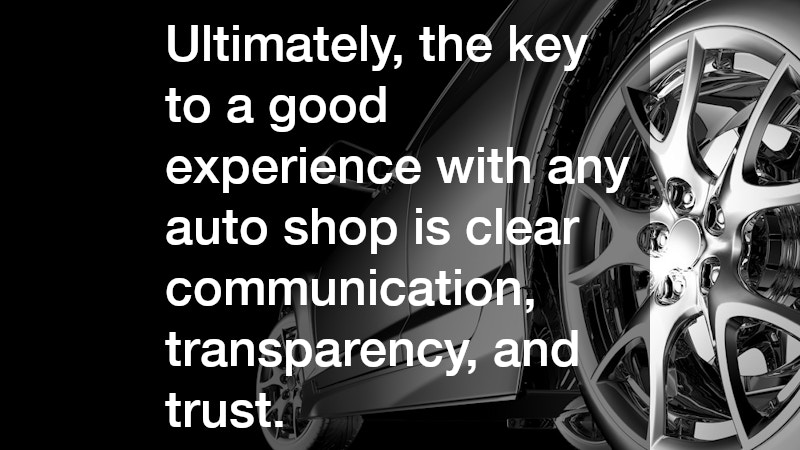
When your car breaks down or starts making strange noises, finding a trustworthy auto shop can feel like a daunting task. Unfortunately, while many auto shops are run by skilled professionals who genuinely care about their customers, there are others that prey on unsuspecting drivers. These dishonest businesses employ various tactics to overcharge, misdiagnose issues, or perform unnecessary repairs, ultimately taking advantage of your lack of automotive knowledge.
1. The Unnecessary Repair Scam
This is one of the oldest tricks in the book: the mechanic tells you that certain parts of your car need to be replaced or repaired immediately, even if there’s nothing wrong with them. Often, these repairs are either unnecessary or exaggerated. For instance, an auto shop might tell you that your brake pads are worn down to the metal when they still have plenty of life left. Or, they might recommend an oil change or air filter replacement when your car is perfectly fine.
To protect yourself, always ask for a clear explanation of the problem and request to see the part in question. If the repair seems unnecessary or overly costly, don’t hesitate to get a second opinion from another auto shop. A trustworthy mechanic should be able to explain the issue in detail and offer you different repair options.
2. The Bait and Switch
The bait and switch scam often involves an auto shop advertising low-cost services or promotions to lure in customers, only to inflate the price once the car is in the shop. For example, a shop might advertise a “$19.99 oil change” and then charge you hundreds of dollars for unrelated repairs once your car is in the garage. Sometimes, the shop will claim that additional repairs are required because of “new issues” discovered while working on your car.
To avoid this, always ask for a written estimate before agreeing to any work. A good auto shop will provide a detailed breakdown of the services they intend to perform, including any parts that need to be replaced. If they hesitate or refuse to provide a written estimate, take your business elsewhere.
3. Overcharging for Labor
Labor charges can be one of the most significant costs of a car repair, and unfortunately, some auto shops take advantage of this by inflating their labor rates or charging for more hours than the job actually takes. For instance, a mechanic might claim that a simple repair took longer than expected, charging you for hours of labor that weren’t necessary.
To protect yourself from this scam, always ask how long the job is expected to take and what the shop’s hourly labor rate is. Some auto shops may even have a flat rate for certain repairs, so be sure to ask about that as well. It’s also helpful to familiarize yourself with the typical repair times for your car model, as this will help you spot overcharges or inefficiencies.
4. The Parts Markup Scam
Another common scam involves auto shops marking up the price of parts significantly. The parts you need may be perfectly fine, but the shop might charge you three to four times what they paid for them. This is especially true for high-demand or specialty parts. When you’re quoted for repairs, ask about the parts’ cost and request to see the invoice for the parts they’re ordering. Many reputable auto shops will give you the option to purchase your own parts, allowing you to avoid inflated prices.
In general, always inquire about the quality of the parts being used. Some shops may try to sell you low-quality or generic parts at a premium price, so it’s important to know what you’re getting for your money.
5. The Unwanted Diagnostic Fee
Some auto shops charge a hefty diagnostic fee simply to determine what’s wrong with your car. While diagnostics can be time-consuming, some shops use this as a tactic to get customers in the door, even if they have no intention of actually fixing the car. In some cases, the diagnostic fee may end up being higher than the repair itself.
To avoid this, ask about diagnostic fees upfront before agreeing to any work. If you’re unsure about the diagnosis or don’t feel comfortable with the estimate, it’s always best to get a second opinion from another mechanic. Many reputable auto shops will apply the diagnostic fee to the cost of the repairs if you decide to move forward with them.
Conclusion
Ultimately, the key to a good experience with any auto shop is clear communication, transparency, and trust. Don’t let dishonest mechanics get the best of you—be proactive, ask questions, and always make sure you understand the services being provided.
.




